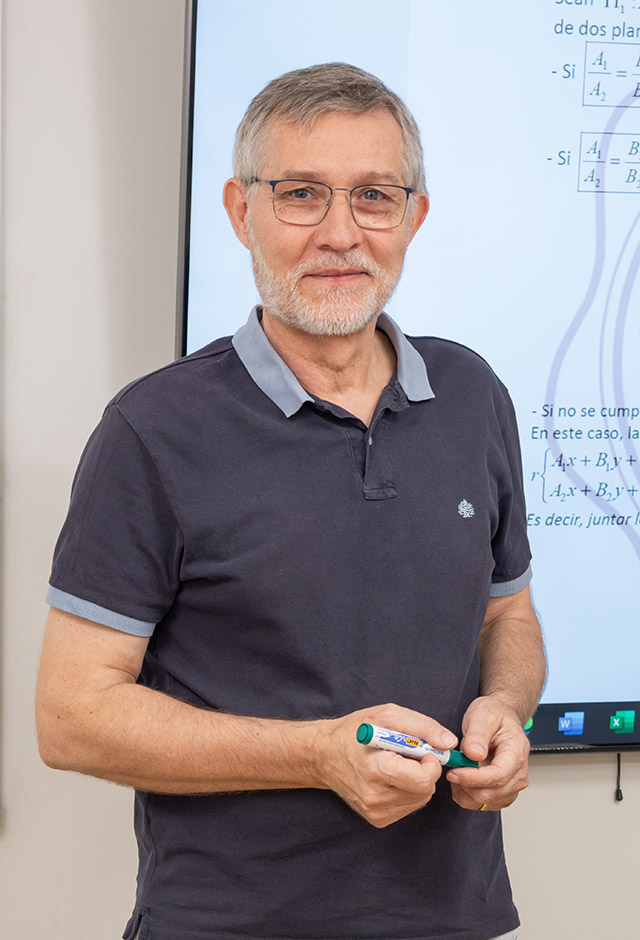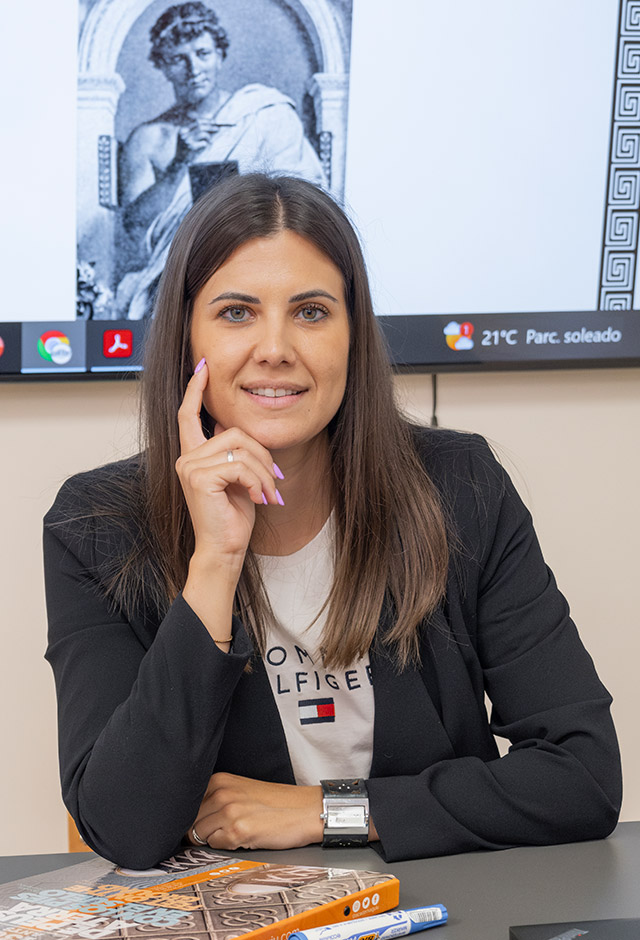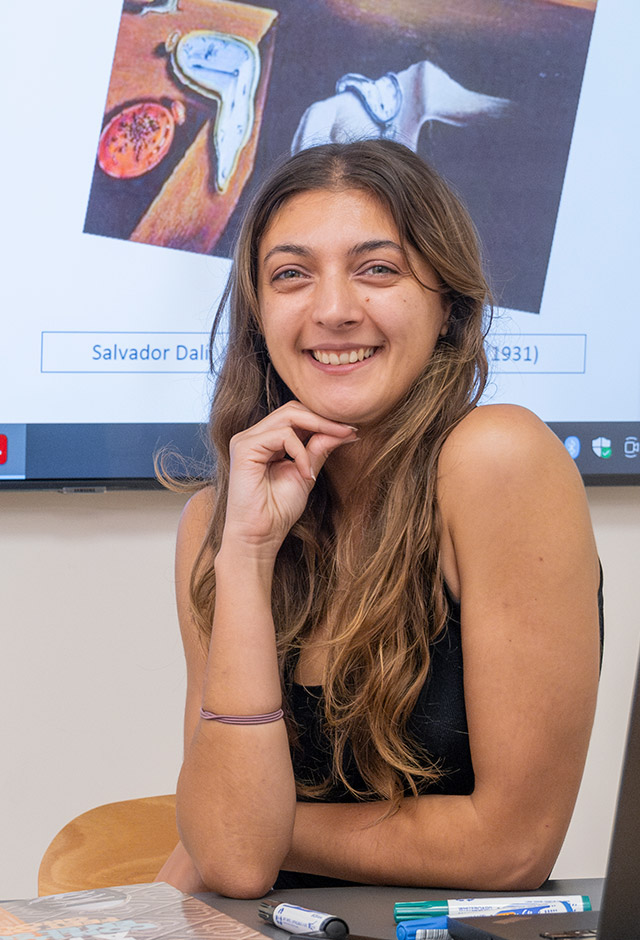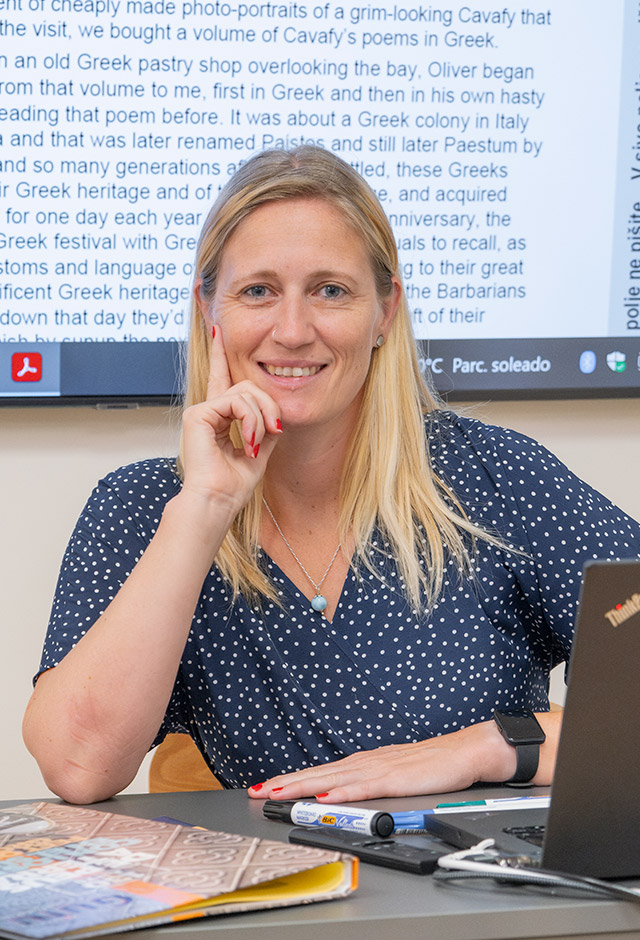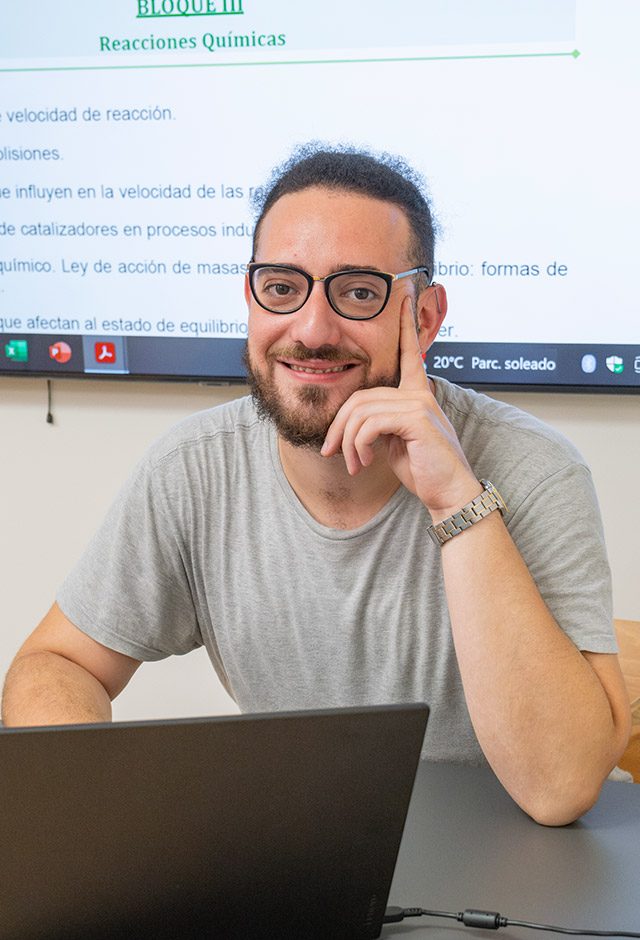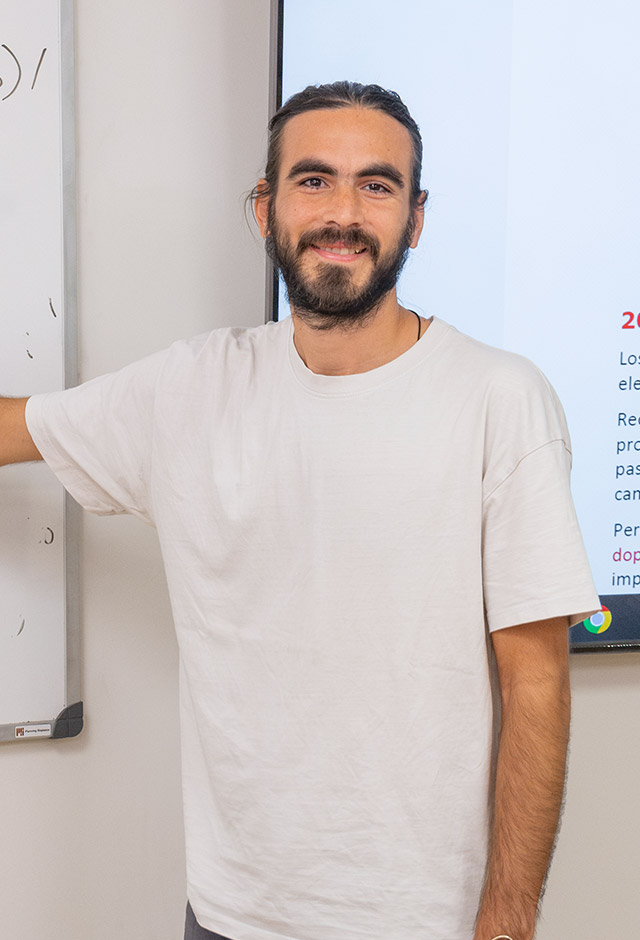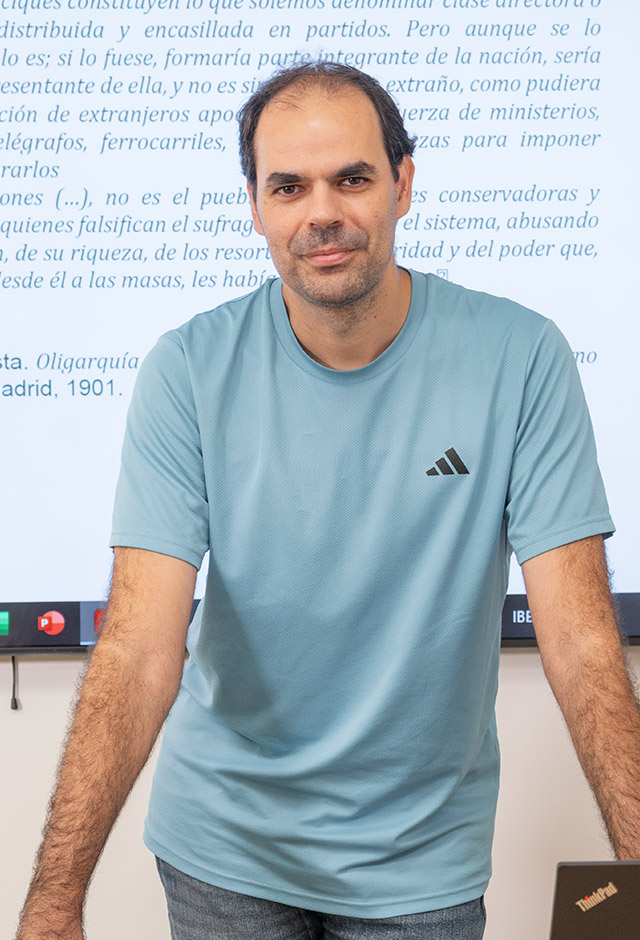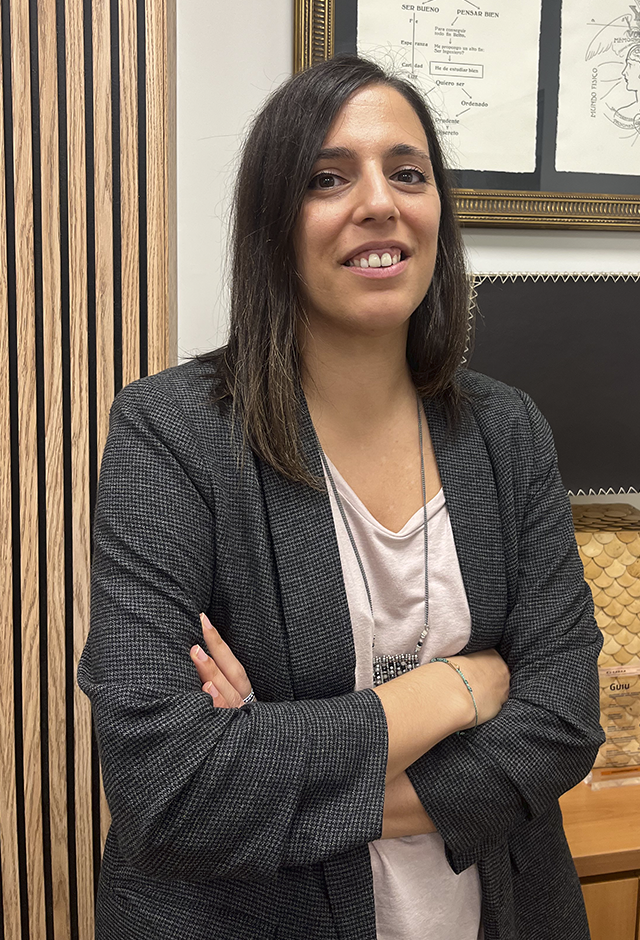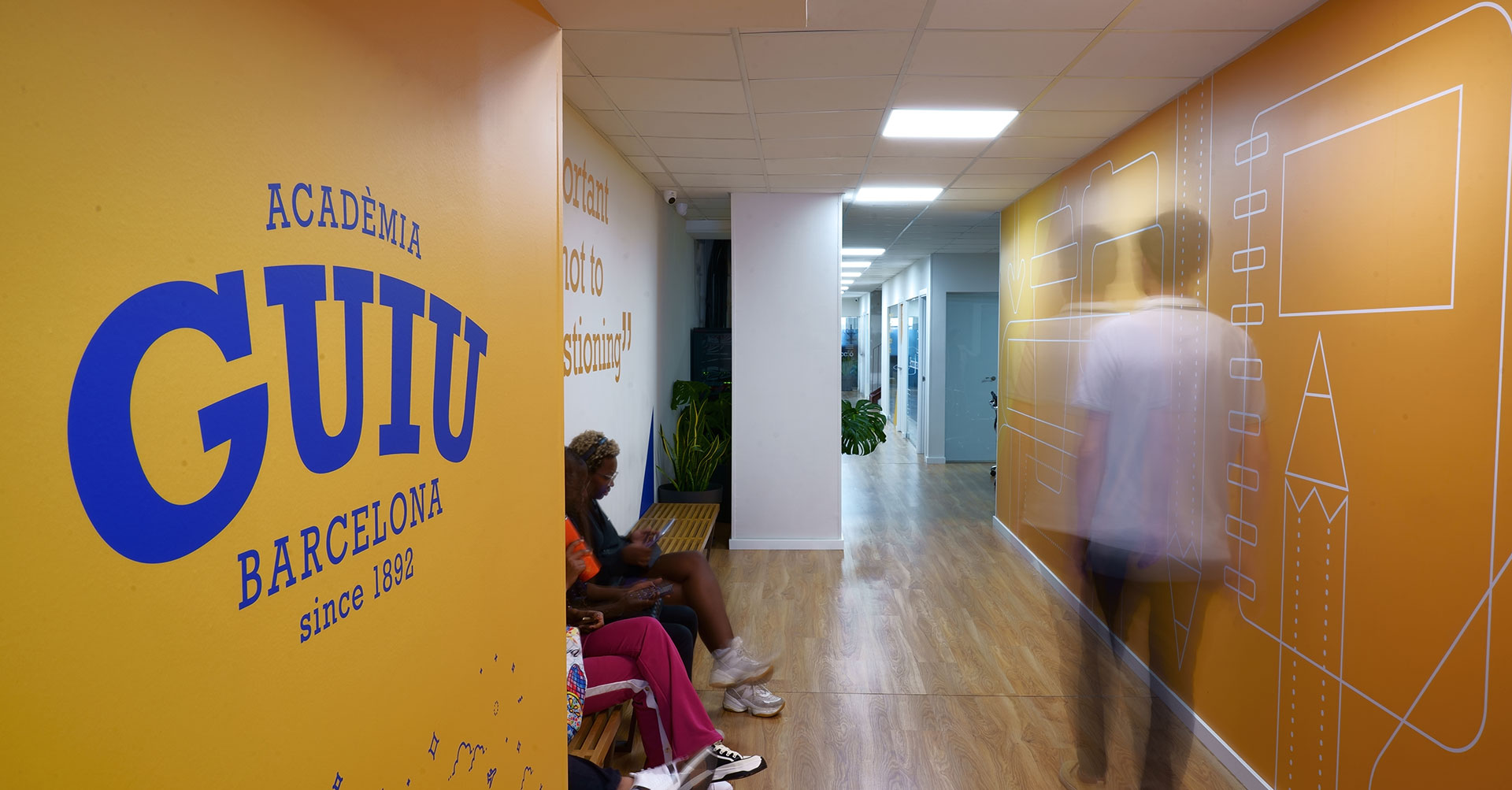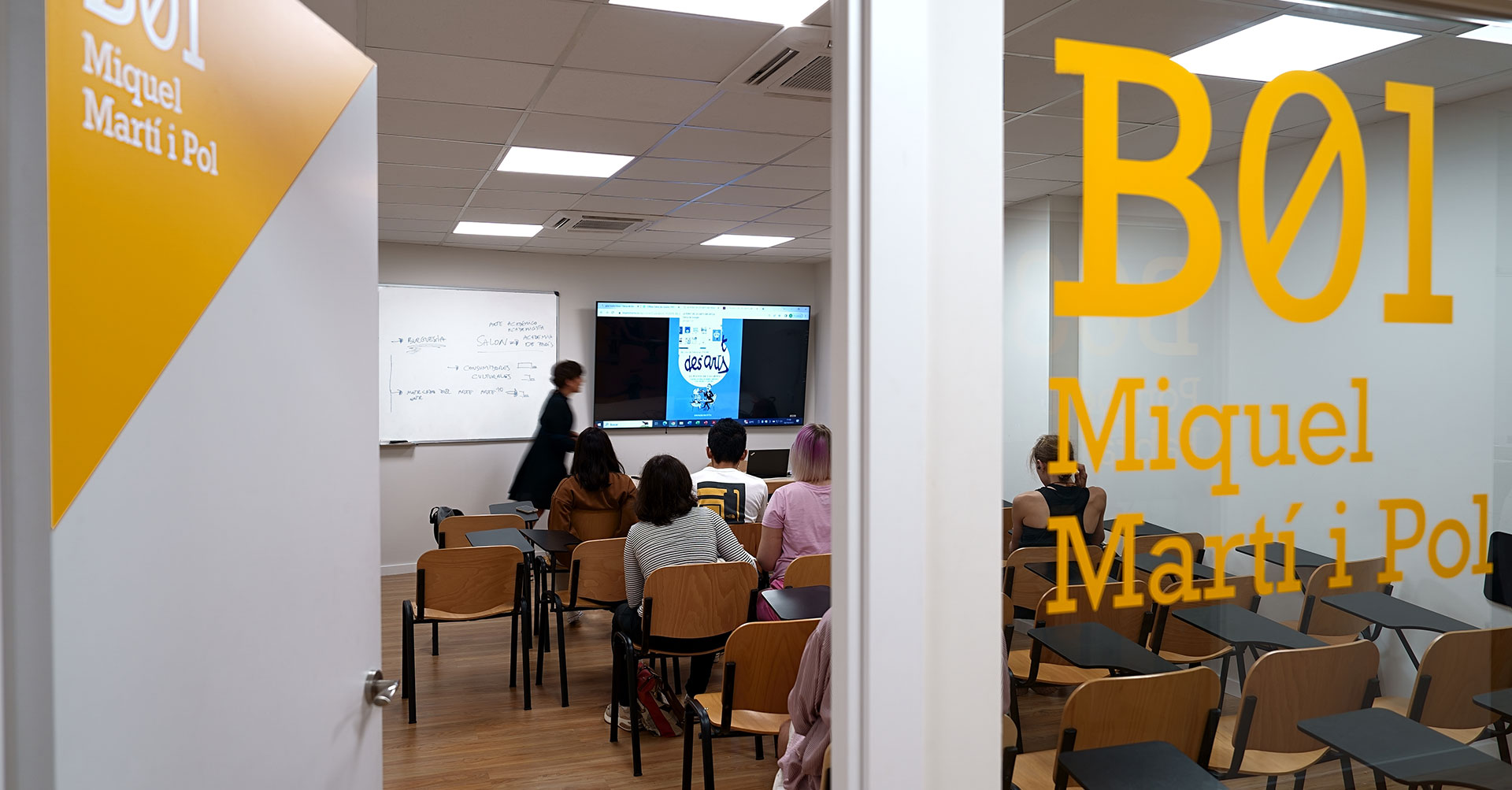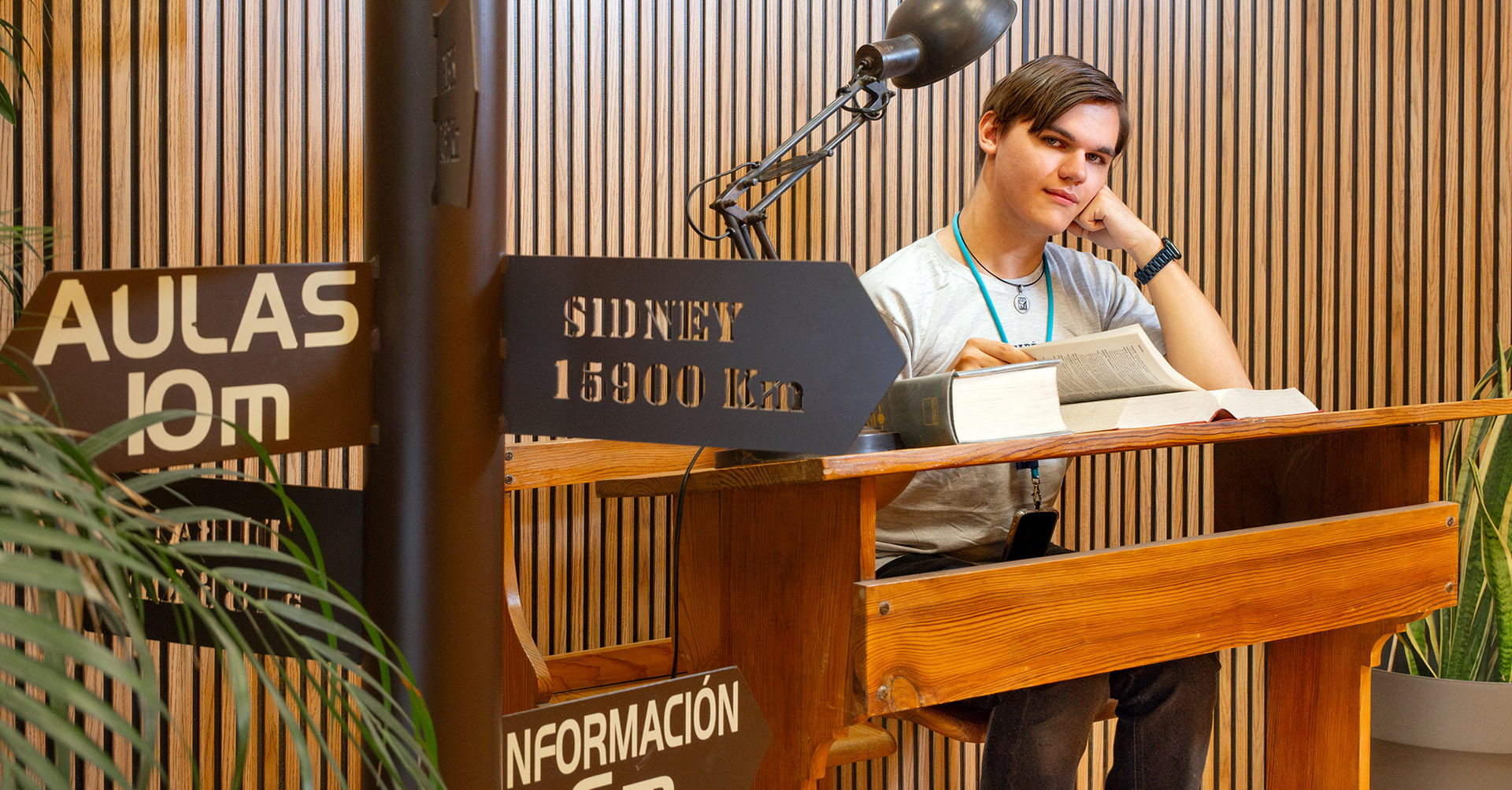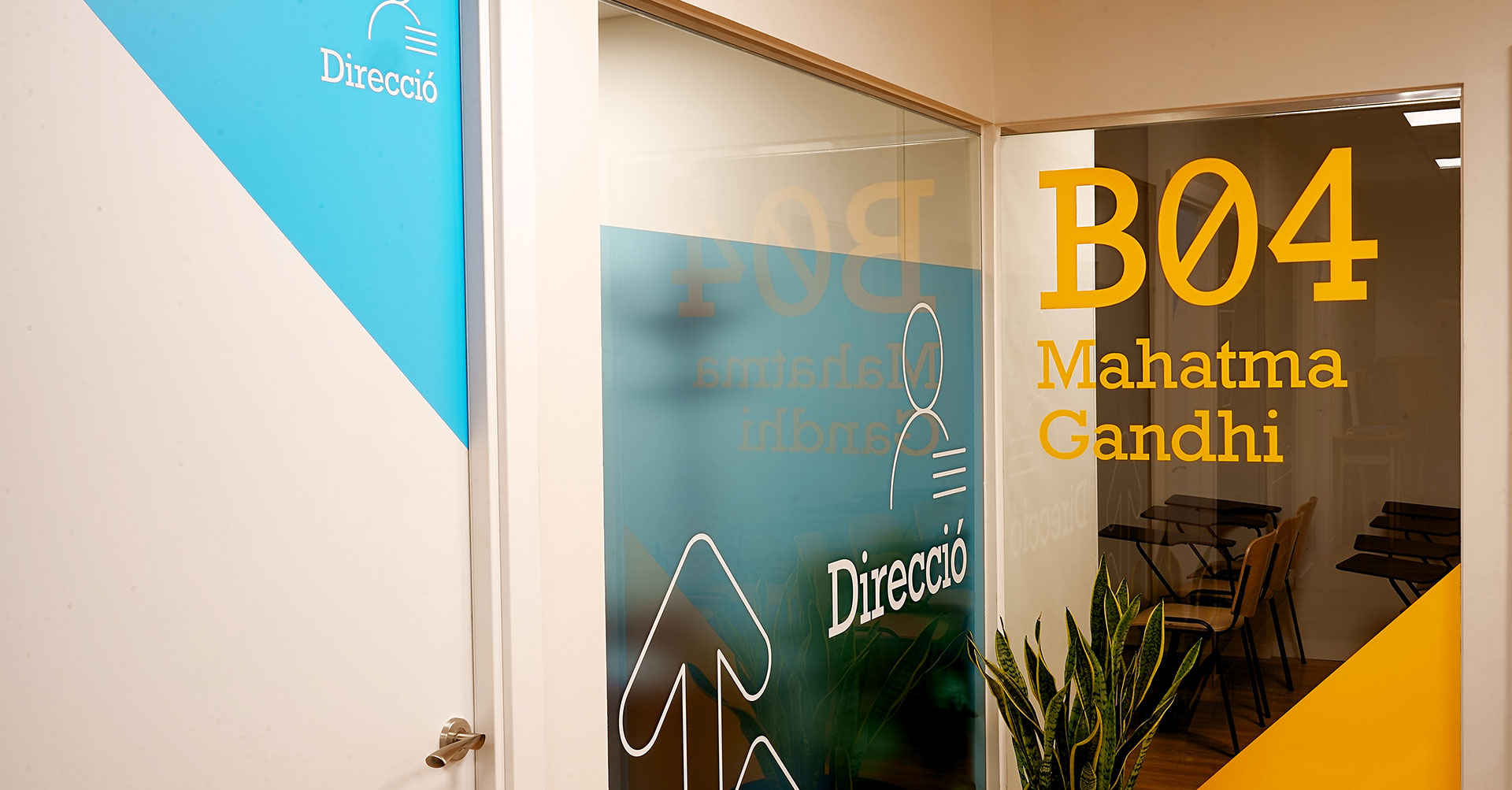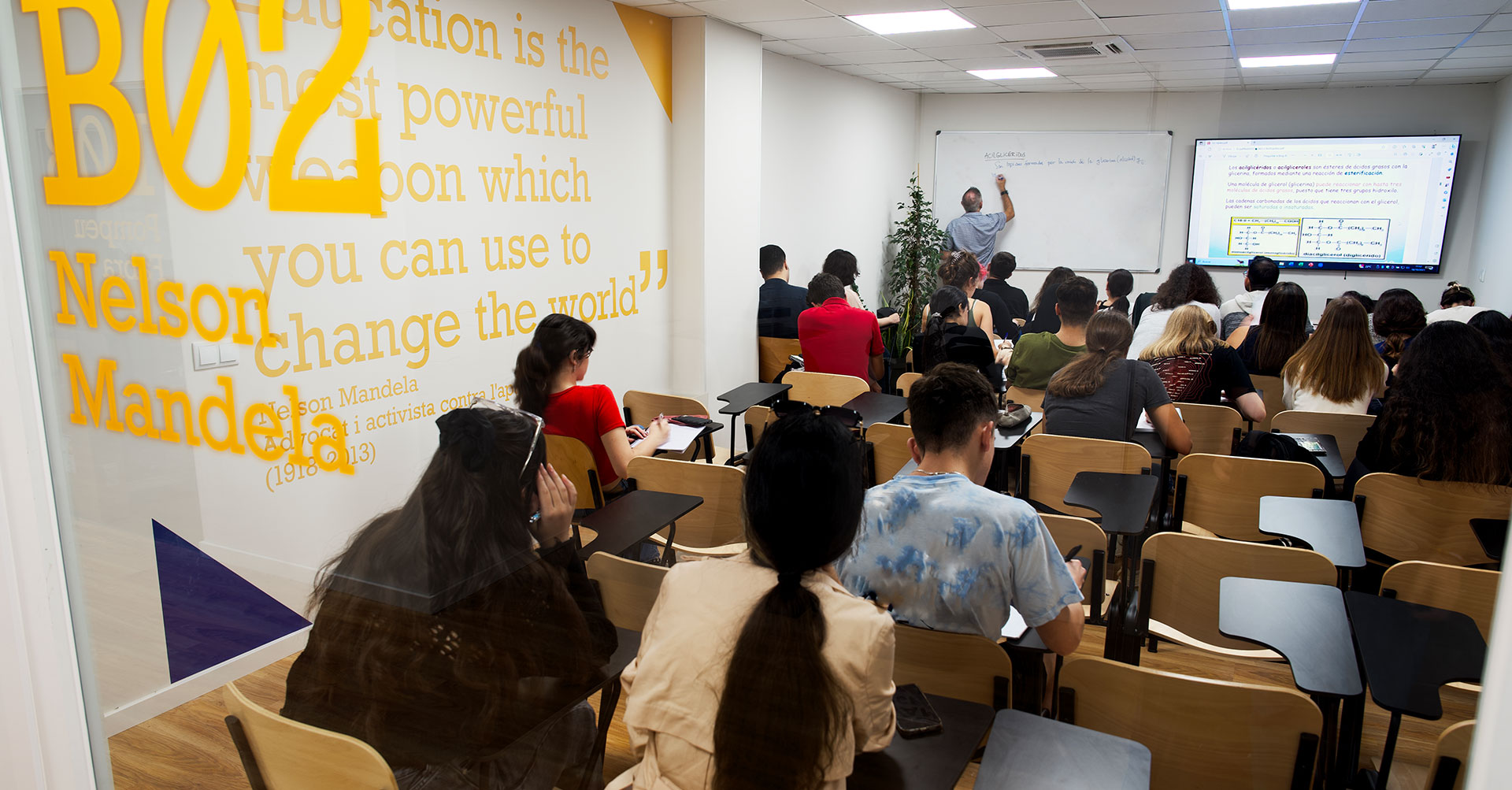Pathway preparation academy for the University entry exam in Barcelona
Academia Guiu has 2 locations in the center of Barcelona
Why Academia Guiu?
Our academy has 130 years of experience, which guarantees that you will achieve the expected results.
Since our founding in 1982, we have been dedicated to preparing our students for their future

More than 40 qualified teachers with experience

Our academy is located in the heart of Barcelona

It is proven that 9 out of 10 students from our academy achieve the expected results

In our annual and intensive courses in January, we guarantee that if you fail, we will train you for free until you pass the university entrance exam (Selectividad)

We will tailor the course to suit your knowledge background and your interest
History of the Academy
The Academy was founded in 1892 by Manuel Guiu Casanova (1869-1950), a graduate in Sciences (which at the time included Physics, Chemistry, Mathematics, and Biology) and author of numerous mathematics books, which are displayed in our library.
In 1939, he transferred all his responsibilities to his son, Francisco Guiu Pérez (1910-1985), who graduated as a Mechanical and Electrical Engineer. After his passing, his son, Manuel Guiu Hidalgo (1944), an Industrial Engineer, continued leading the academy, taking it to its greatest expansion.


FRANCISCO GUIU PÉREZ 1910-1985
MANUEL GUIU HIDALGO 1944
JORDI GUIU 1976
Academia Guiu today
Currently, the great-grandson of Manuel Guiu Casanova, Jordi Guiu (1976), a graduate in International Trade from UPF, is carrying out the next generational handover.
In 1983, we began offering exclusive preparatory courses for the university entrance exams (Selectividad), becoming pioneers in this field at the national level. In 1991, with extensive national experience, we started offering courses for international students with equivalent studies.
Our Team
TEACHING STUFF
administrative staff
FAQ (Frequently Asked Questions)
Students who have studied in public or private schools must adhere to Spain´s Organic Law on Education. We will develop a personalized recognition plan in accordance with the student's education system.
Our students must comply with the current legal regulations for the recognition of official studies. These regulations can be consulted on the website of the MINISTRY OF EDUCATION.
The final score must be equal to or higher than 5. The admission score is obtained by considering both their upper secondary average score (NMB) (60%) and UNED’s Specific Competency Test scores (40%).
This preference list must be created at the time of pre-registration. It is important to set up the order of preference, because once this list is submitted, it cannot be altered. We can choose up to eight majors.
Each university course has a cutoff grade. To be admitted to the university, it will be necessary to match or exceed the cutoff grade for the chosen course. It should be noted that the most in-demand courses have higher cutoff grades than those with lower demand.
Priority is given to students who passed the June session (or previous sessions) and who studied that option, even if they have a lower grade. If there are spots available, they will be assigned based on the order of preference and students' grades.
It is essential that the average between high school and the university entrance exams (PAU) is at least 5. Therefore, without passing the PAU, you cannot access the university.
To access the university, we will always choose the option with the highest grade.
If you meet all these requirements and correctly indicated the order of preference of the chosen degree, there is a period for appealing the access to the desired university.
In this case, the university considers that you have given up the obtained spot, and it will be granted to another student.
Once a spot has been granted that was requested, all other degrees listed in the preference list are nullified. Therefore, it is necessary to be sure of your choice before setting a preference order for university access.
First of all, you must be very punctual. It is very important to arrive at the exams with enough time to settle down and possibly review the content.
That said, an unforeseen event can always occur. If we have a problem with public transportation, for instance, we should request a certificate to avoid problems when taking the exams. In this sense, an unjustified delay may result in not being allowed to take the exams and, therefore, the automatic loss of the exam session.
Regarding the exam classrooms, you should know that in the previous days, you will be able to check the rooms on the Generalitat's website for the PAU; or on the UNED website for the university entrance exams for foreigners. Furthermore, each university will provide the schedules and rooms planned for the exams.
• Before taking the university entrance exam, be very clear about which studies you are going to pursue. You must consider which subjects from the university entrance exam will weigh more heavily in your later university degree. It is important that you choose wisely and later choose a degree that is right for you. In this regard, it is important to get advice.
• Make the most of your time at the university. Learn to quickly identify all the services offered. Most university students (according to surveys, over 60%) do not know even 10% of the available services after their first three years. Keep in mind that most Spanish universities have excellent student information and support offices, university extension services (cultural and sports services, for example), employment services, curriculum design offices, programs abroad, volunteer opportunities, language...
• Dedicate as much time as possible to review after classes and work with the material obtained. You should know that if you work daily, you will obtain more positive results than if you accumulate work until the end of the course. University will mean a significant change compared to the methods you have followed until now. You will have to work much harder if you want to get good grades.
What should the study environment be like?
• The chair must be suitable for your posture, but not too comfortable to avoid sleepiness.
• Lighting should be appropriate and should be on the opposite side of the hand you use to write. That is, if you are right-handed, it is better for the light to come from the left. Additionally, it is recommended that the light has a blue bulb and be 60W. The rest of the room should have soft lighting.
• It is also important to have all the materials you may need while studying.
• With all this, it is also recommended that studying is done individually to achieve greater concentration.
How many hours should I study daily?
• For those aged between 13 and 20, it is recommended to study 2 to 3 hours a day, depending on individual needs, always planning what you will work on. Study materials should be organized so that tasks do not accumulate at the end of the course. On the other hand, it is determined that the recommended hours of sleep are 6 to 8 per day, which is very important to adequately carry out all activities.
